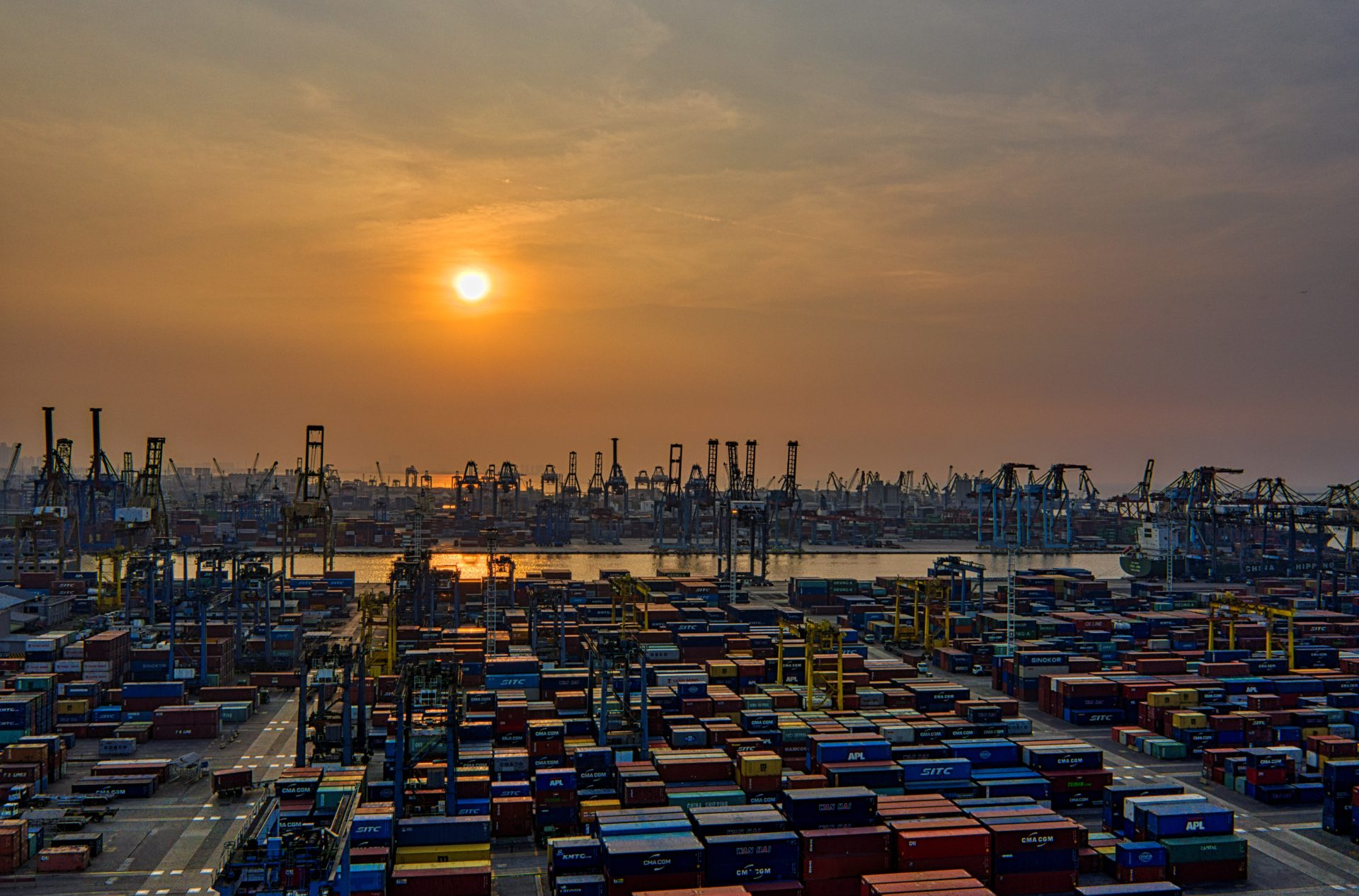Indonesia Bureau of Economic Research and Asian Bureau of Economic Research
Oct. 29, 2019
Jakarta, Indonesia
In 2020, Asia will face the most challenging external environment since the end of the World War 2. The pillars of Asia’s prosperity and its ability to raise living standards and reduce poverty—trade, financial integration and global cooperation—are under attack. Asian economies should show leadership to face such challenges as the solutions being proposed by the world’s largest power are not in line with Asia’s interests.
Considering the future challenges, Indonesia Bureau of Economic Research (IBER) and Asian Bureau of Economic Research (ABER) held a full-day international symposium titled Asia’s Trade and Economic Priorities 2020 on Tuesday, Oct. 29. The symposium is supported by Bank Indonesia Institute, ERIA (Economic Research Institute for ASEAN and Asia), Astra, Sinar Mas dan Tenggara Strategics.
In the first session, two questions were addressed: What are the key risks facing Asia economies? What can be done to strengthen the resilience of Asia’s economies?
Speaking in the first session, which was chaired by Peter Drysdale, the head of the ABER, were Indonesia’s former finance minister Chatib Basri, ASEAN+3 Macroeconomic Research Office (AMRO) director Toshinori Doi, ABER research director Adam Triggs and Prospera director David Nellor.
All panelists agreed that the trade tension between the United States and China would greatly affect the economies in Asia’s regions, even though the effects would vary between countries depending on the countries’ respective trade figures with China.
“Through global value chain channel, economies that are closely linked with China will be greatly affected. Countries like Thailand, Vietnam and Singapore, which are heavily engaged in trade with China, will be greatly affected by the trade war, while Indonesia and Japan will be less affected,” said Doi.
The US-China trade war has already stunted growth at the global level. The IMF’s estimates—that the trade war could reduce global GDP growth by up to 1 percent in 2019—underestimate the damage caused by the trade war. The uncertainty created by the trade war has already downgraded global trade growth by more than half since 2017—from 4.6 to 2.6 percent—and global foreign direct investment has fallen by 27 percent. It will take years before the full cost is known. Furthermore, disruptions in trade also impede financial and capital flows and create more uncertainties in regard to macro policies.
Governments and central banks in Asia usually rely on both fiscal and monetary policies in responding to the external risks that they face. However, according to Chatib, the room for such policies has been shrinking recently, making both fiscal and monetary policies ineffective.
Chatib further pointed out that Indonesia and other Asia’s economies should increase the global safety net so that the countries can provide enough liquidity in time of crisis.
“Unfortunately, there is still a stigma attached to borrowing money from the IMF. Indonesia should ignore such stigma and start to reuse the IMF as a source of its global safety net,” Chatib further said.
Global Financial Safety Net is a mechanism that provides preemptive protection against possible crisis, supplies liquidity when crisis hit and incentivizes sound macroeconomic policies. The mechanism consists of four layers: countries can self-insure against external shocks using foreign reserves or fiscal space at the national level. At the bilateral level, there are swap lines drawn bilaterally among countries. At the regional level, the protection comes from Regional Financial Arrangements, and finally the IMF provides a global financial backstop.
According to Triggs, global safety net has increased significantly between 1980 and 2017, even though the increase is more fragmented than before. Adam further said that if the Asian financial crisis were to happen in 2019, current safety net would not be enough to the help Asia’s economies get out of the crisis, and the regions should increase the safety net.

